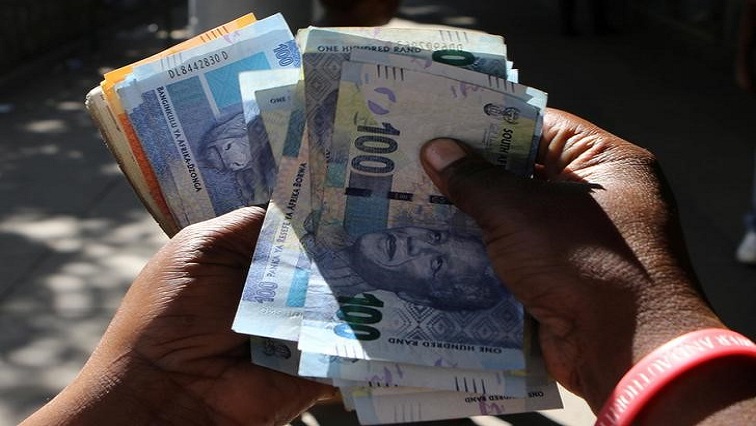Economists expect the economy to have contracted in the second quarter of 2022.
Statistics South Africa will release its second quarter Gross Domestic Product numbers on Tuesday.
Markets expect GDP to contract to 0.5 percent quarter on quarter from a growth of 1.9 percent in the first quarter.
Economists say the outlook for the economy remains bleak and growth will remain below two percent this year. Various sectors of the economy were hard hit by power blackouts in the second quarter.
This has been blamed for the expected contraction in GDP numbers for the second quarter.
STANLIB Economist Kevin Lings says, “If we look at the performance of the key sectors, particularly, mining , manufacturing and retail, all those sectors have been negatively impacted by load shedding but generally the loss of confidence, high inflation and increase in interest rates. The economy had definitely lost momentum during through the middle of the year and its unlikely it will gain significant traction given we are still facing headwinds of electricity outages high prices and the expectations that the Reserve Bank will continue to hike rates.”
Another economist from Standard Bank, Elna Moolman says, “We expect a contraction of 1.4 percent on a quarter-on-quarter basis of GDP in the second quarter of this year and this is largely reflected in the disruptive impact of the floods in KZN as well as extensive load shedding. This is just an interruption of the recovery though and we expect positive growth thereafter and we still do believe that the economy can achieve roughly two percent growth this year followed by a similar growth in the medium term followed by ongoing economic reforms particularly in the electricity space.”
Investec Economist Annabel Bishop says contraction in the country’s economy is not unique as many economies in the world are on the decline.
“This will be closely looked at by the South African Reserve Bank which has been hiking interest rates since November last year and the accumulative effect of the interest rate hikes that we have had will also weigh on the economic outcome of the second quarter. But particularly in the third and fourth quarter, that’s because there is a lag between the change in the interest rate and the impact it has on household finances and expenditure and so on GDP.”






